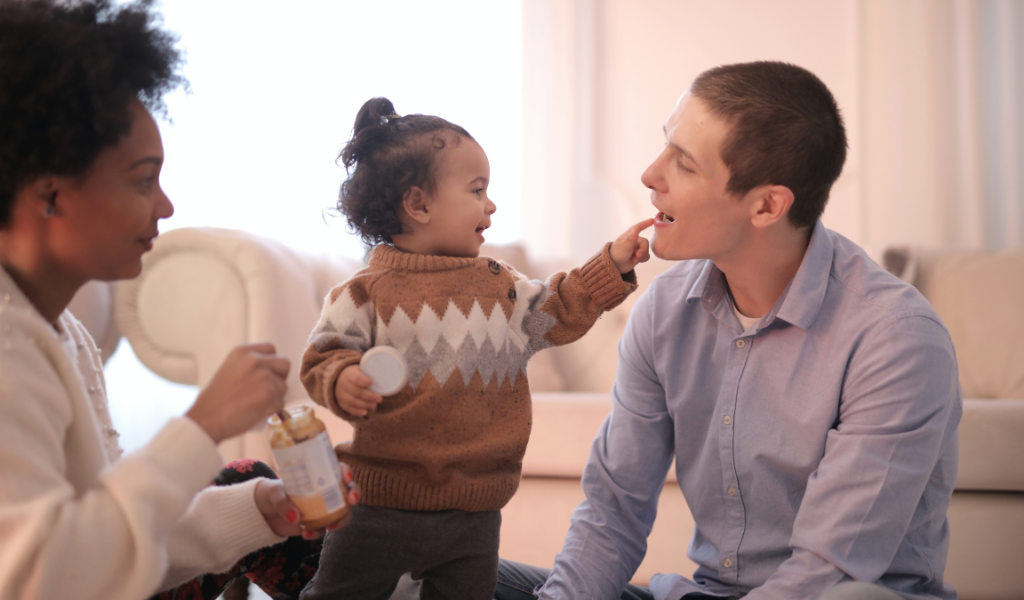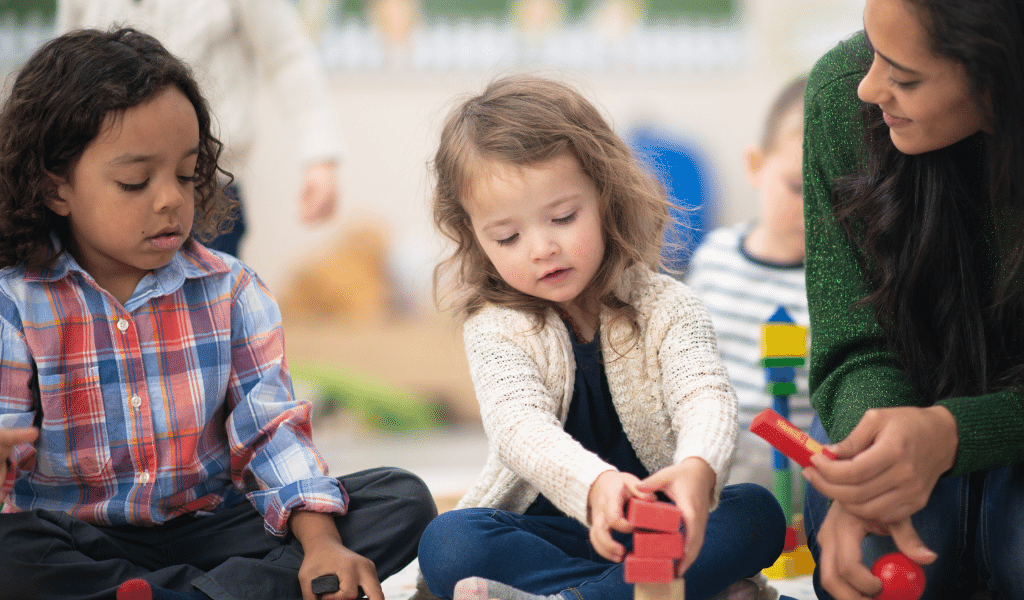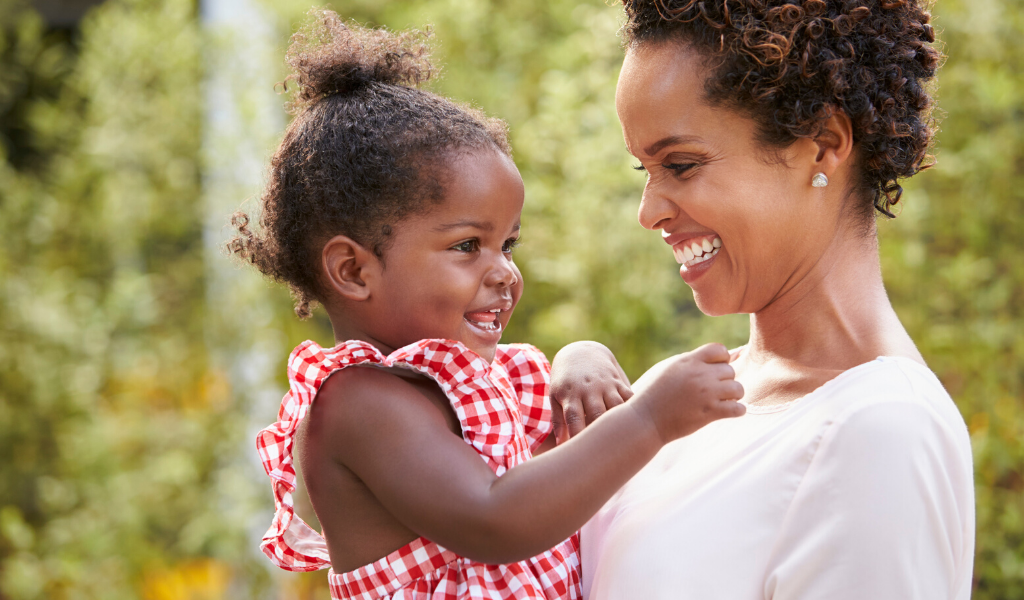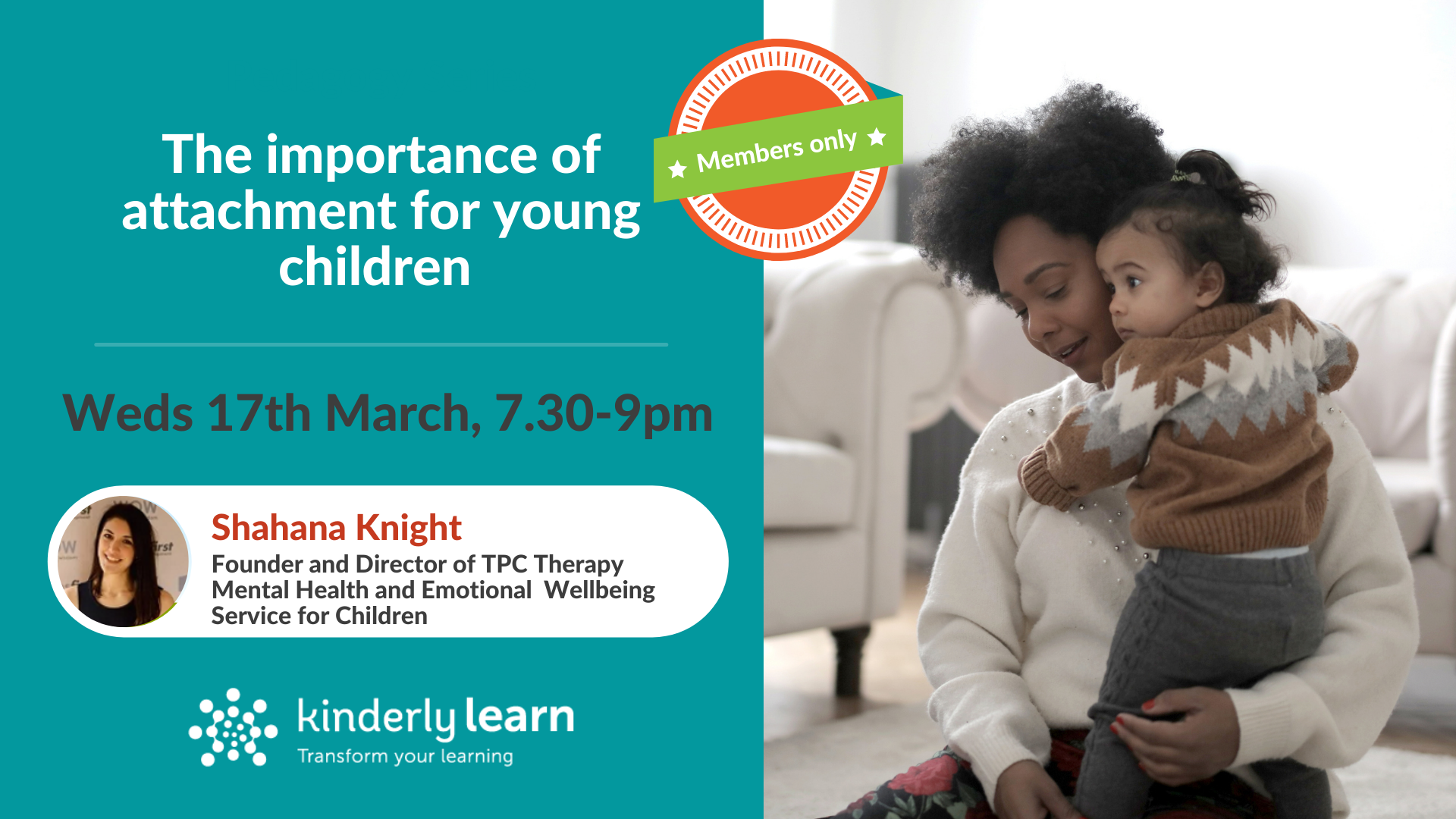In this blog post, we turn to early childhood trauma specialist Shahana Knight for ways in which we can develop children’s emotional intelligence in early years.
Being able to recognise your own feelings indicates good emotional intelligence. This has a direct impact on your ability to manage your own wellbeing and mental health. If you don’t know how you feel, how can you help yourself feel better?
Being aware of your own feelings means you can navigate your way through difficult situations, support others empathetically, nurture deep relationships and listen to what ‘feels’ right for you based on your internal reactions. For example, ‘I can identify that this friend makes me feel uncomfortable and judged, so I am going to find a different person to spend time with who makes me feel valued…’
In order to be able to harness the full benefits of our emotions, we must first be aware of them. This awareness can only develop in children with the help of an adult and this input is most effective in the early years.
Unfortunately increasing numbers of children are not getting the early feedback they need to learn what their feelings feel like and what they are called. This feedback could be as simple as a caring adult hugging their child and reflecting with them:

Being emotionally reflective with language when children are struggling to manage their emotions will help them to develop an insight in to how they are feeling, what that feeling is called and how it impacts on their behaviour. Sadly, many children are unable to identify how they feel and often mistake their feelings for other things. For example, they mistake the feeling of anxiousness as a feeling of hunger or tummy ache. Simply because no one has labelled that feeling for them before.
The first five years of a child’s life are very important. It is during this time that their brain pathways are still fusing, making sense of the world and they are combining all of their experiences to form a blueprint for life. As an early years practitioner, you can have real impact during these early years which will later help children self-regulate, develop healthy relationships, have empathy for others and become self-aware
Part of my work is to teach practitioners to adopt a therapeutic approach and to develop a skill set that has children’s mental health and wellbeing at its core. One of the most effective things you can do is to give children feedback about their emotions in their day-to-day interactions with you and each other.
In most situations where a child is struggling with their behaviour/concentration/friendships, there is a feeling at the centre of it. Maybe they feel isolated, alone, worried, anxious. Usually, it is the feeling that is causing the problem and not the actual situation itself. Yet we tend to focus our time and energy on highlighting the behaviour instead:
In doing this, we are missing an opportunity to teach and guide them. Children need to know what they are feeling and why they are behaving like this.

Try these 3 top tips to help you get started:
Reflective language is an art it itself and takes practice, but it is quite simple and very effective. From now on, every time you see a child struggling with their feelings follow these steps.
Saying their name first helps them listen to you and make them feel connected to you. Reflecting their feelings would sound like this:
This allows them to hear the feeling they are having. Be reflective all the time, even if the child is in trouble or is shouting, crying or kicking. Offering them feedback about how they feel is essential when they are actually experiencing the emotion so they can identify it.
To extend this further you can follow your reflection up with a comment about how that feeling is making them act:
This helps them to identify how the feeling and behaviour are linked. Be honest with the children to help them develop the insight they need.
Many teachers tell me it is hard to focus on feelings as a PSHE lesson when they are under pressure to teach lessons like English as priority. The early years are a perfect time to set these foundations and skills in the children, especially because you can teach through play!
Use stories that are focused on emotions to encourage reading but also to generate discussions and about feelings and emotions. A good book for smaller children is ‘The day the sea went out and never came back’ which focuses on loss and endings. Another is ‘Nat the Cat’s sunny smile’ which is about a cat who loses his happiness. Gather a selection of great books which are focused on feelings and read them regularly.
Talk about the story with the children, ask them what feelings they can see on each page, discuss how to make the characters feel better. Notice their feelings and highlight how their behaviour changes because of that feeling.

When the children are playing dress-up, pretending to cook in the home area, listen out for opportunities to ‘play out’ feelings. Use reflective language to notice this play ‘Is the baby crying? He feels sad / cold / lonely / hungry. How can we make the baby feel better?’
Giving children this simple reflective feedback will constantly increase their emotional intelligence and self-awareness and have a direct impact on their early brain connections. This is one of the biggest contributions you can have on their development and is one that will significantly improve their outcomes in the future.
To access Shahana’s recent webinar on this topic, you can sign-up to Kinderly Learn and access this along with loads of bite-sized learning across a range of topics and over 50 webinars on demand.

Shahana Knight is Director of TPC Therapy: a mental health and wellbeing service for children. She manages a team of clinical play therapists, sits on a foster care panel and delivers CPD training for professionals. Her specialisms include trauma and the brain, attachment, therapeutic teaching, wellbeing and mindfulness in early years.
